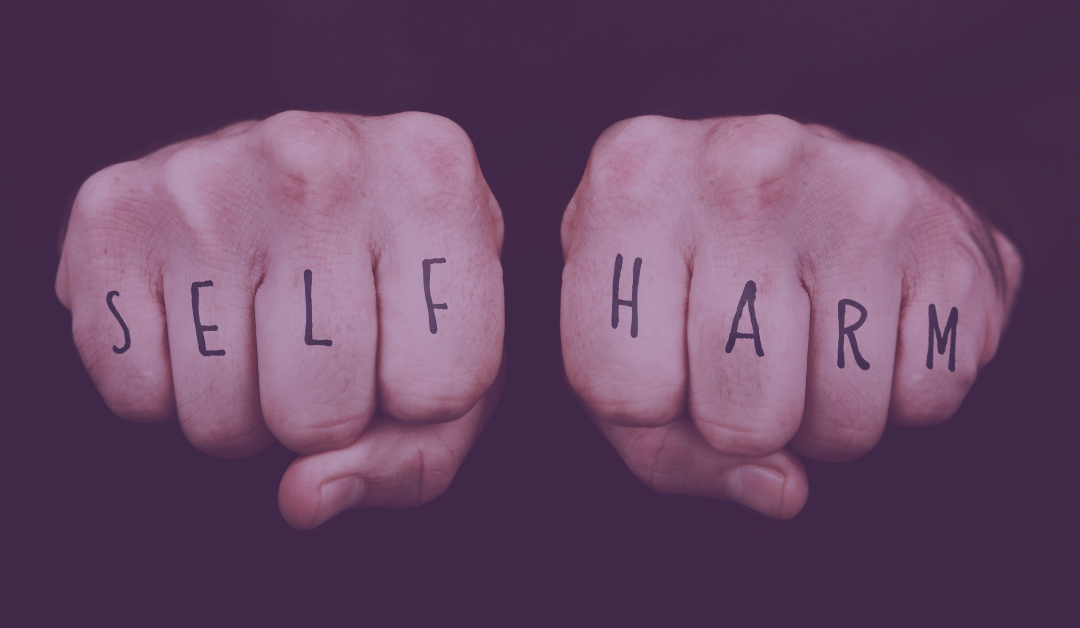Harm reduction is a response to a number of issues with substance use.
First, harm reduction is a response to the addiction epidemic that acknowledges that not every addicted person will find the wherewithal to choose to recover.
Second, it acknowledges that sobriety is not the only way for people to recover.
In the face of the first acknowledgment, proponents of harm reduction propose policies and actions that serve to reduce the harm addicted people do to themselves and others.
Needle exchange programs are one form of harm reduction in that they reduce the transmission of infectious disease. Safe injection sites serve to reduce the rate of fatal overdoses.
These practices are about keeping someone alive and safe until they can make a small change in any positive direction.
Other proponents of harm reduction seek to decriminalize drugs in order to lower the market price of illicit drugs and thus reduce the amount of crimes that are committed by addicted people in an effort to obtain substances. This keeps substance users out of jail, as incarceration has worsens the problem of substance use.
Please note that decriminalization only makes possession of illicit substances for personal use legal. It does not make production and sale of illicit substances legal.
For those for whom complete sobriety is not absolutely necessary, it promotes reducing drug or alcohol use to safe levels. Often, insisting on sobriety can actually deter a person from making positive change. With the option to just reduce the level of use, people may be more willing to ask for help.

Recent Comments